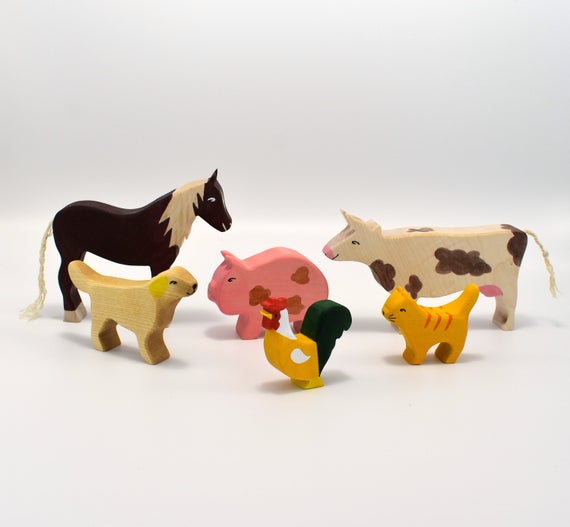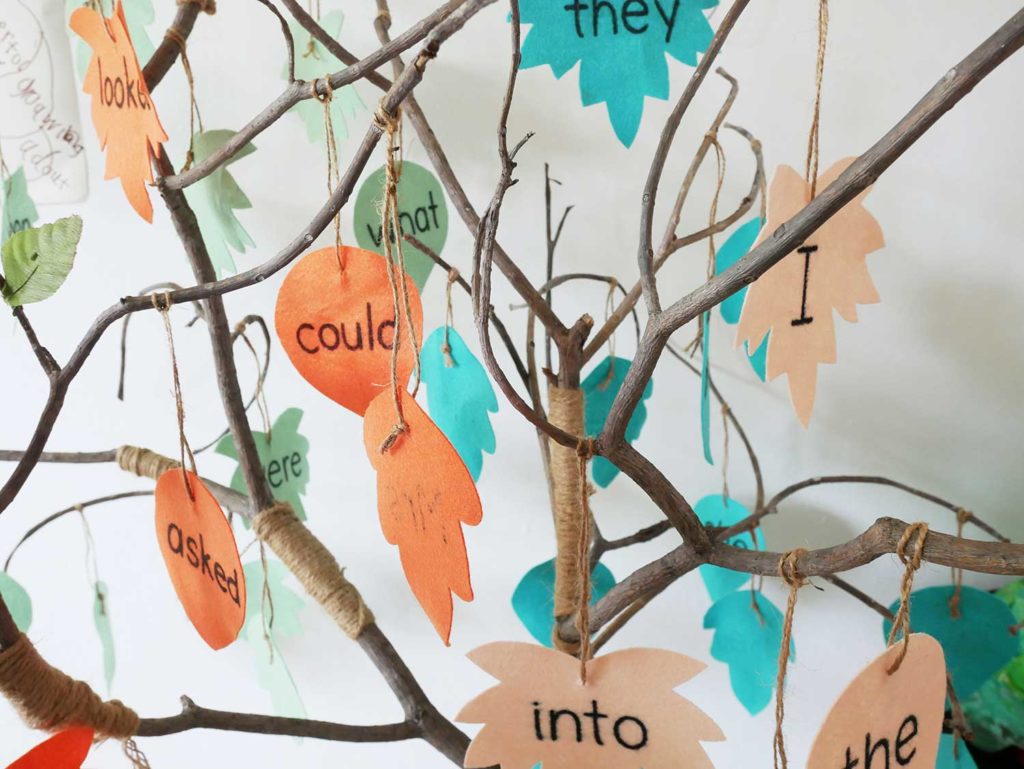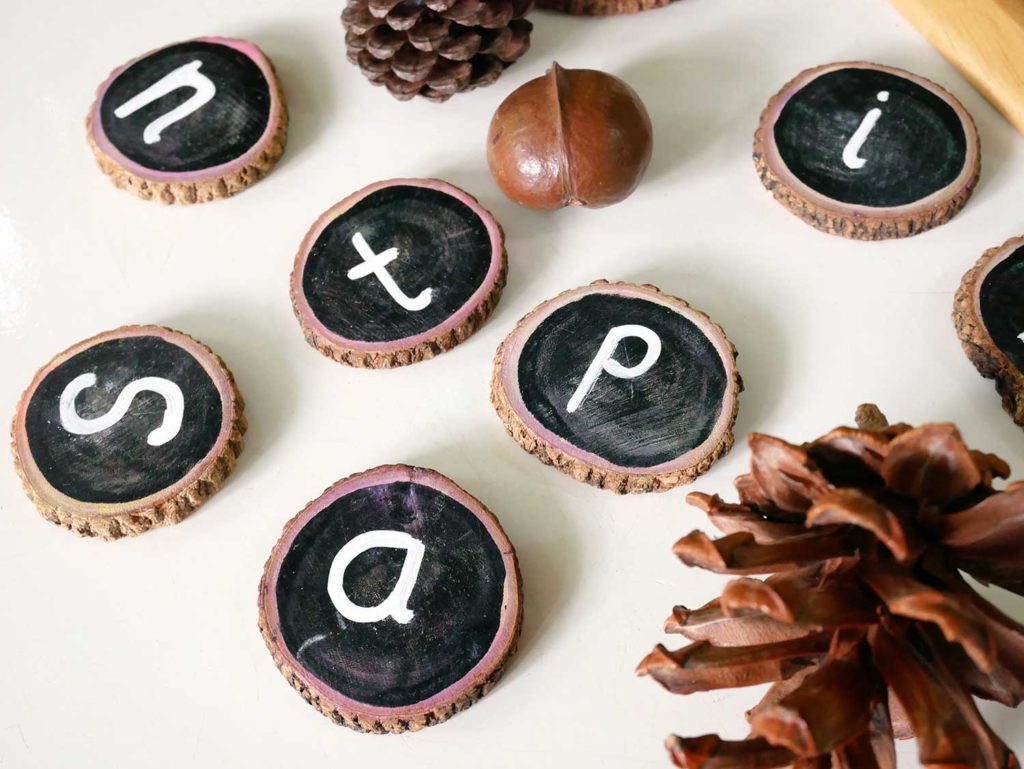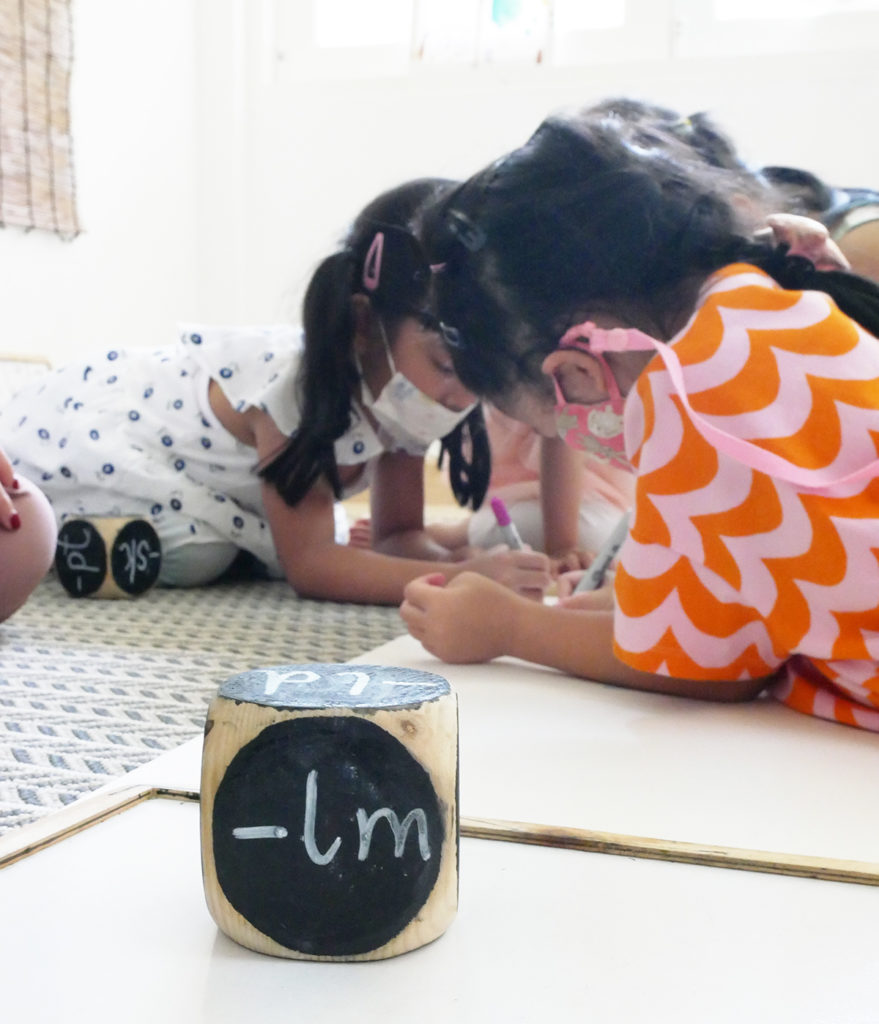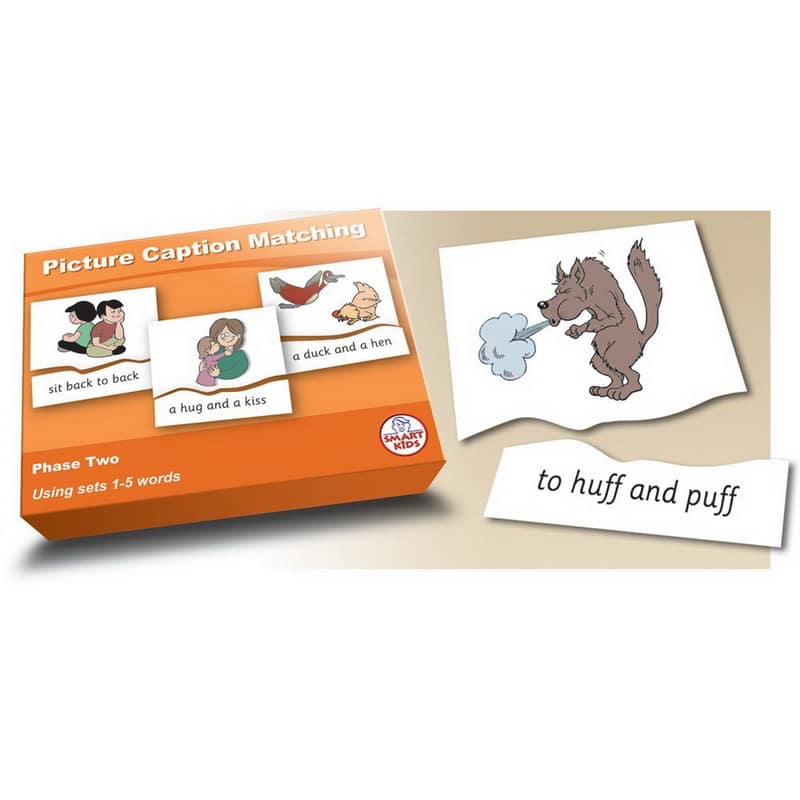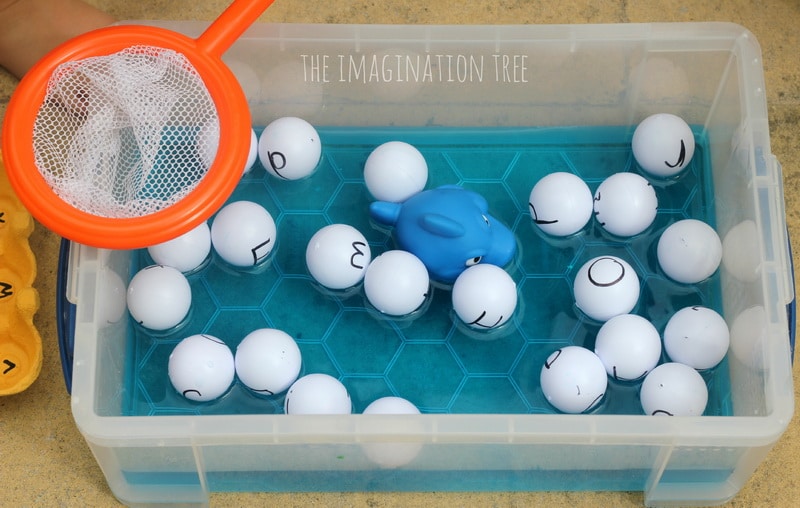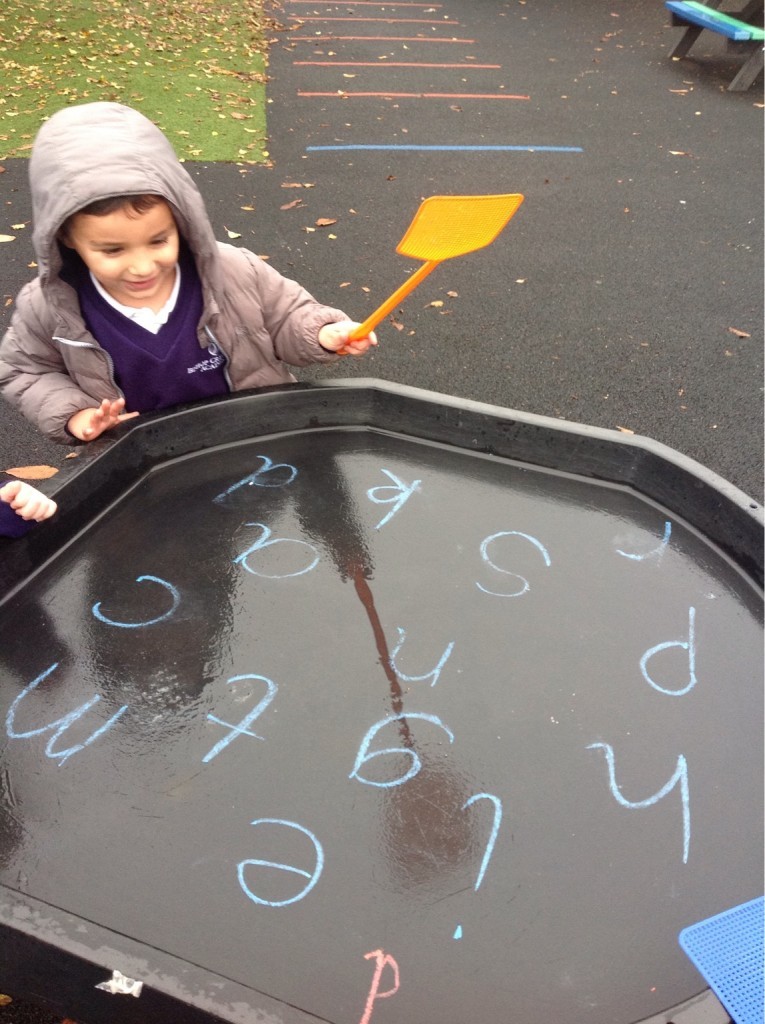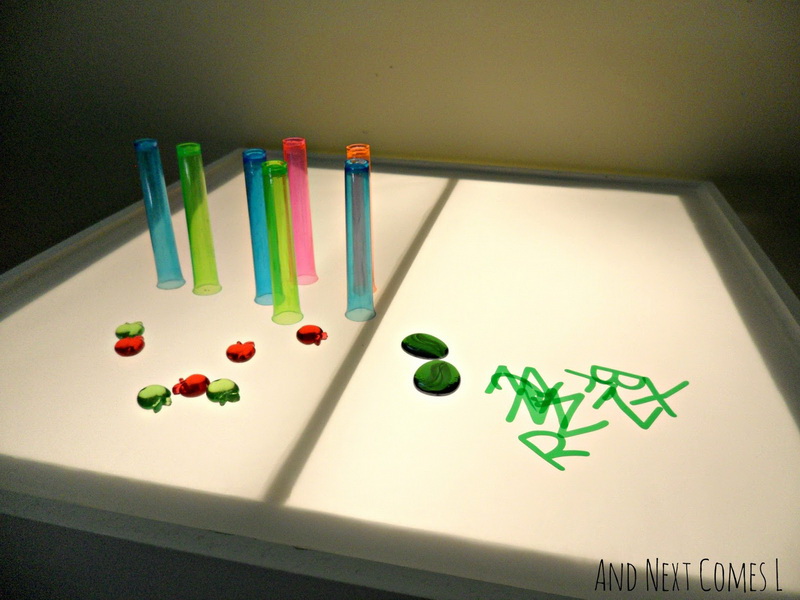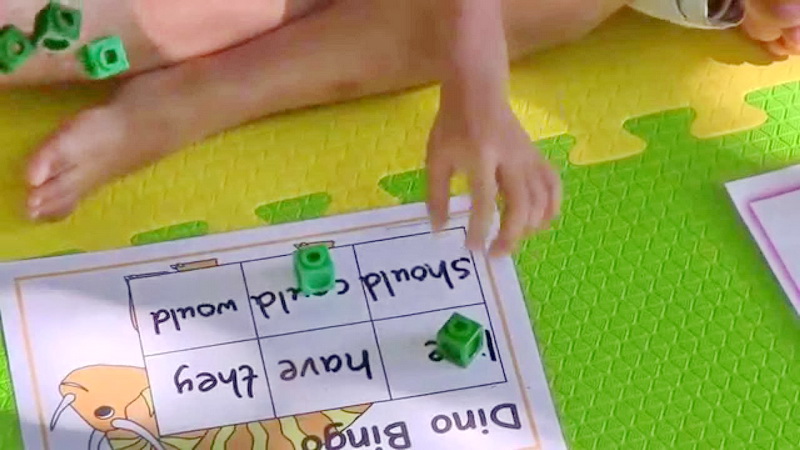Posts Tagged ‘Phonics Games’
Phonics in Bangkok – A parent’s guide to Phase 1 – Aspect 1
Phase 1 is broken down into 7 Aspects and 3 Strands. Aspect 1: General Sound Discrimination – Environmental Sounds Aspect 2: General Sound Discrimination – Instrumental Sounds Aspect 3 : General Sound Discrimination – Body Percussion Aspect 4 : Rhythm and Rhyme Aspect 5 : Alliteration Aspect 6 : Voice Sounds Aspect 7 : Oral…
Read MorePhonics in Bangkok – A parent’s guide to the Curriculum Part 2
In this post we cover a brief overview of an enormous syllabus. We do not yet cover the teaching methods used for excellent teaching and practice of letters and sounds. This will be covered in a later post. Phonics Phase 1 – Phase 6 The actual phonics curriculum starts pre-introduction of letter sounds aimed at…
Read MorePhonics in Bangkok – A parent’s guide to the Curriculum Part 1
In this series of posts we want to cover as much of the basics as possible giving parents an overview of the phonics curriculum, the essential teaching objectives and what the perfect phonics lesson should include. We want to share some tried and tested games that can easily be replicated at home as well as…
Read MorePhonics Teaching Games : Phonics Dice
Phonics dice can be bought online from some educational retailers but printable dice (cube) nets are also easily found online and are much cheaper. Dice with plastic pockets are a really useful classroom resource as the teacher is able to change the sounds or words whenever needed. They can also be used for maths and…
Read MorePhonics Teaching Games : Caption Match
A nice reading activity that can be played independently or as part of a lesson led by the teacher. Children are asked to read the captions and find the accompanying picture. An element of competition could be introduced whereby two teams race to find the matching pairs. Word and caption matches can be found online…
Read MorePhonics Teaching Games : Fishing For Sounds
Using homemade, laminated phoneme fish with a paperclip attached, children use toy magnetic fishing rods to catch the fish with the sounds or words on, that the teacher calls out. This activity can be played as a whole class as the main activity or in smaller groups where children can practice reading words with a…
Read MorePhonics Teaching Games : Splat
Splat is a fun classroom/carpet based activity that is ideal for a warm up and revision of sounds. Children play in two teams and one member from each team is given a fly swatter. With a selection of sounds or words clearly displayed on the carpet or stuck to the board, then teacher calls out…
Read MoreLight Board Colour Tracing
As well as being an art and sensory exercise this is great for maths and phonics. Here the children traced letters, the sound for today being ‘s’ but it is also good for number recognition too.
Read MoreSound Recognition
For younger children we like to keep activities simple and more artistic based. To teach the initial sounds we use a lot of tracing as the children love to follow lines and join dots. This is another good activity as it helps the children to recognise the sound has meaning. For the letter sound h…
Read MoreReading With Bingo
This is a fun activity that the kids absolutely love to play and it is so simple. Simply print off a template with however many sections you want. If you have access to a laminating machine, it helps to laminate them and use a whiteboard marker that can easily be rubbed off. If you have…
Read More
